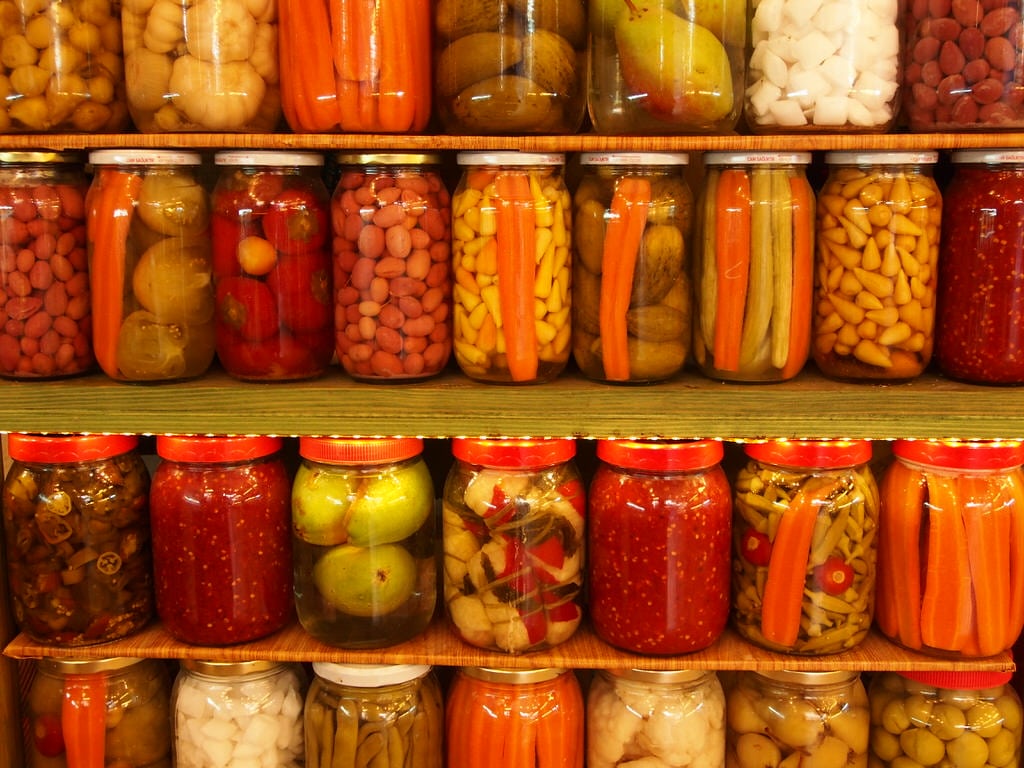You’ve probably heard of prebiotics, which are food for the beneficial microbes that live in and on us, and probiotics, which are the microorganisms themselves. But another member of the “biotic” family, postbiotics, may be less familiar to you. Scientists have long documented the health benefits of nonliving microorganisms, which also have greater longevity and are more easily preserved than living microorganisms.
In 2019, for example, Patrice D. Cani and colleagues demonstrated that Akkermansia muciniphila, inactivated by gentle heat, outperformed live bacteria in improving key aspects of metabolic syndrome in overweight and obese individuals.
However, until now, scientists have not reached a consensus on a term to define dead bacteria and their components. If you’re one of those concerned about your gastrointestinal health and already know the benefits of prebiotics and probiotics, it’s time to add postbiotics to your life.
Postbiotics and Their Effects on the Gut Microbiome
Inside you and every person are trillions of microorganisms, including bacteria, viruses, fungi and other life forms that together make up what is known as the “microbiome.” The official definition of postbiotic is “a preparation of inanimate microorganisms and/or their components that confers health benefits on people.”
In other words, the components of a postbiotic include inanimate microbial cells. This is important because, being inanimate, they have little or no risk of causing infections in the body.
A fermented product such as yogurt contains both living, inanimate molecules and microorganisms, produced by bacteria as a result of fermentation. This combination could be defined as postbiotic.
Although this field is still nascent, some studies have shown that the potential benefits of postbiotics include improving digestive disorders and preventing common infectious diseases such as acute gastroenteritis.
Postbiotics are mainly found in foods, supplements and infant formulas.
What Foods Should You Eat?
Postbiotics occur naturally in your body. But since its benefits for the microbiome are known, it has become fashionable to eat foods that promote its production.
So far, it is not known if this can be harmful to your body, so if you want to produce more postbiotics in your gut, you can eat some of these foods in larger quantities:
- Fermented foods (kefir, tempeh, kimchi, yogurt, kombucha, etc).
- Pickles (pickles, preserves, etc.).
- High-fiber foods such as fruits, vegetables, seeds and whole grains.
- Products containing butyrate such as butter or ghee.
- In fact, a good intake of prebiotics and probiotics will greatly help postbiotics to be generated naturally in your body.

The health benefits of postbiotics are currently being studied and although they are not 100% described, it is suggested that they may be very similar to those of probiotics:
- Strengthen the immune system
- Prevent inflammation
- They have anti-cancer properties
- They are antimicrobial and help prevent infections.
- They can reduce gastrointestinal symptoms such as diarrhea or colitis.
- They help improve gastrointestinal motility
- May help reduce cardiovascular risk
- They heal wounds through the production of oxytocin.
So far, scientific evidence has shown that probiotics are the most effective components, because once they reach the gut, they can be active and maintain a more continuous action, especially if they establish themselves and become part of our normal microbiota.
The rest of the components, prebiotics, paraprobiotics or postbiotics, can be very active, but with a more limited duration of action. You now know which foods to eat more frequently to improve the health of your intestinal flora.
So now you’ve learned that your intestinal flora needs postbiotics to function better – we recommend you eat these foods to speed up their production. What are your thoughts on them? Are you going to add postbiotics to your diet? Let us know in the comments below.


